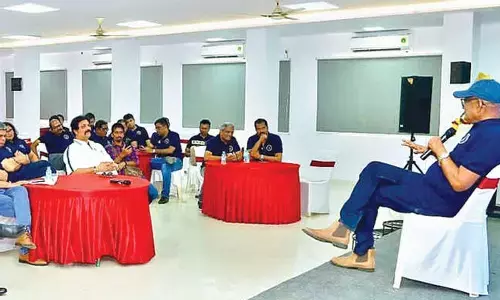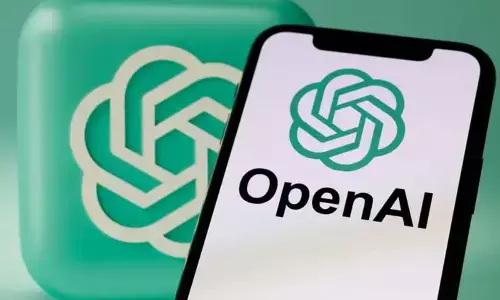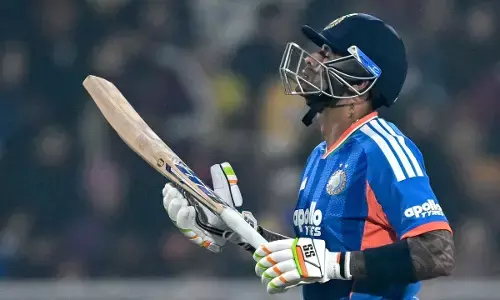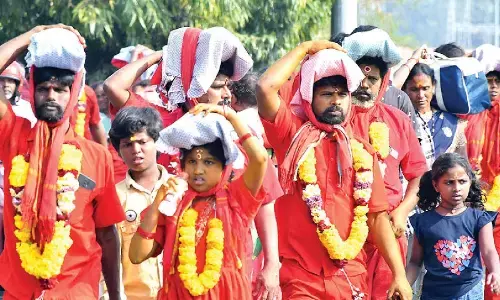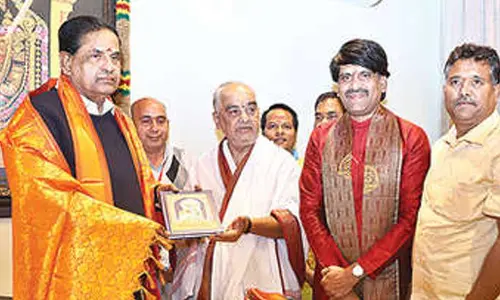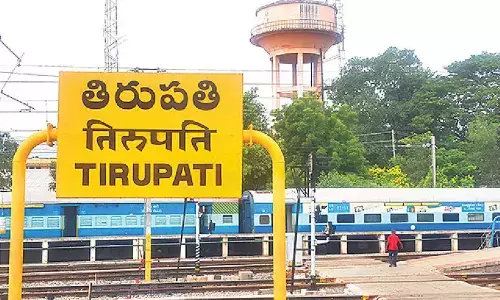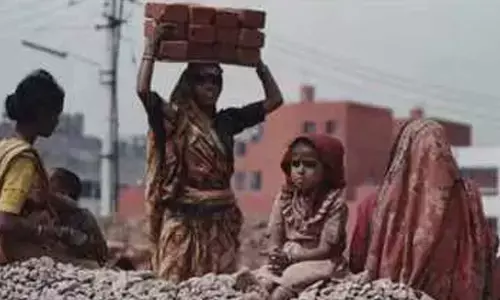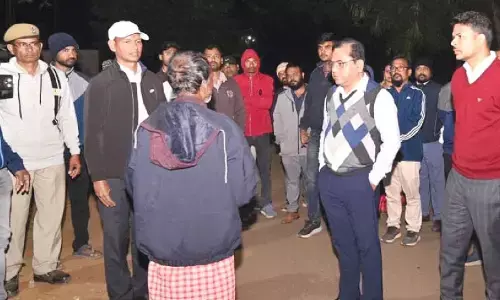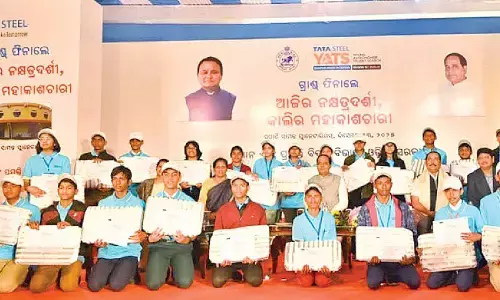Sustainable multidimensional efforts are needed to eliminate hunger from India
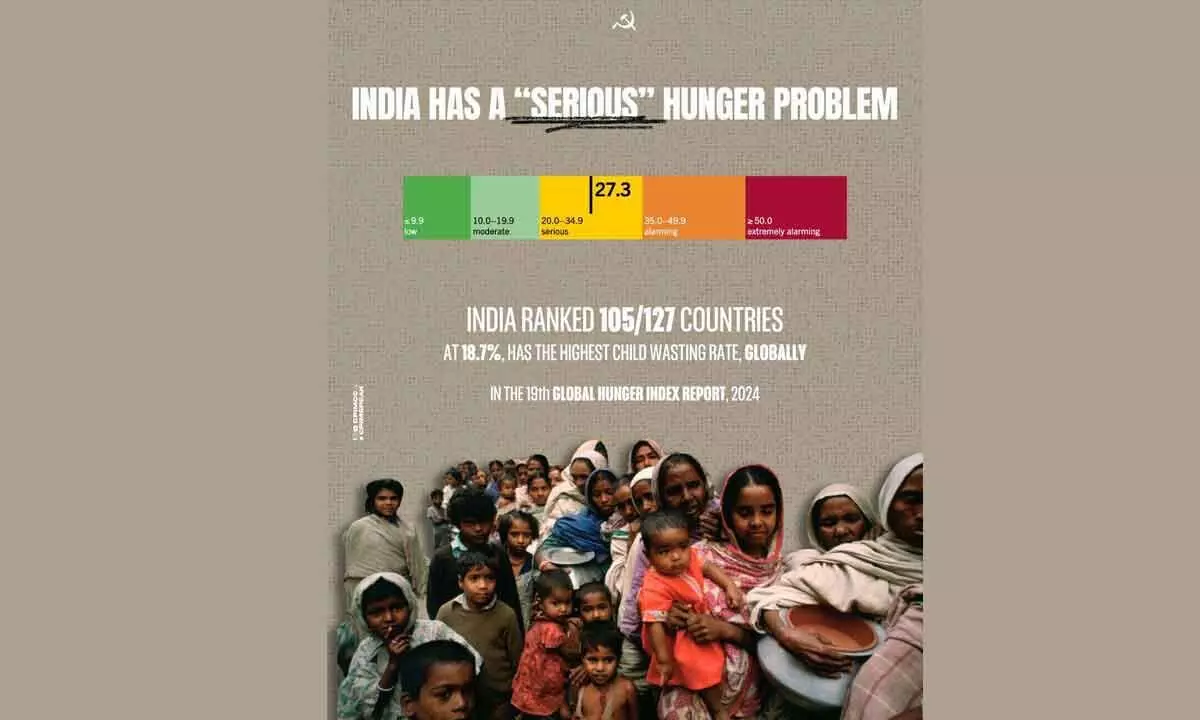
Hunger is not an issue of charity. It is an issue of justice. This statement of Jacques Diouf, former Director General of the United Nations’ Food and Agriculture Organization (FAO), sums up the kind of commitment and sincerity we need to address the menace of hunger. Multidimensional efforts are required to eliminate hunger in India and that too in a sustainable manner. Even after decades of Independence, hunger remains a pressing issue in the country.
In the 2024 Global Hunger Index (GHI), it ranked at a lowly 105th out of the 127 countries. With a score of 27.3, India has a level of hunger that is extremely serious.
I am not in position to vouch for the objectivity, authenticity and applicability of the methodology adopted by the GHI in measuring the quantum of hunger in our country but none of us will disagree to certain observations made therein.
For example, India’s GHI score is based on the values of four component indicators-13.7 per cent of the population is undernourished; 35.5 per cent of children under five are stunted; 18.7 per cent of children under five are wasted; and 2.9 per cent of children die before their fifth birthday. For a long time, we have not been able to address the overall well-being of our children. Reasons for the utter failure to launch a comprehensive war against hunger are multidimensional and I would not like to get into that here. Now our focus should be on learning from the past mistakes and accelerate and amplify the implementation of corrective measures.
The condition of a child indicates the overall socio-economic and educational status of the parents. In other words, children represent the reality of their parents, their status and hardships. If parents are earning well and are spending adequately on their children’s health and education, then things will be far better. If not, it is the children who bear the brunt of hardships,much more than their parents.
First and foremost, we all need to understand hunger rightly. It is referred to the distress associated with a lack of sufficient calories.
FAO defines food deprivation, or undernourishment, as the habitual consumption of too few calories to provide the minimum dietary energy an individual requires to live a healthy and productive life, proportionate to that person’s sex, age, stature, and physical activity level.
Malnutrition is the result of inadequate intake of food in terms of either quantity or quality, poor utilisation of nutrients in the body due to infections or other illnesses, or a combination of these immediate causes. Malnutrition refers more broadly to both under-nutrition - problems caused by deficiencies - and over-nutrition - problems caused by unbalanced diets that involve consuming too many calories in relation to requirements, with or without low intake of micronutrient-rich foods. Meanwhile, over-nutrition - resulting in overweight, obesity, and non-communicable diseases - is increasingly common throughout the world, with implications for human health, government expenditures and development of food systems. Though over-nutrition is an important concern, the GHI focuses specifically on issues relating to under-nutrition.
In India, although the GHI score has fallen since 2000, child wasting and stunting remain very high. Child under-nutrition in our country goes hand in hand with the poor nutritional status of mothers, suggesting an intergenerational pattern and underscoring the need for attention to maternal health and nutrition and infant feeding. Again, the issue of maternal health is very much linked to the family’s daily income. In a nutshell, we don’t have much to debate and deny so far as the gravity of hunger is concerned.
Similarly, we are not in a position to outright reject the GHI, which is a “tool designed to comprehensively measure and track hunger at global, regional, and national levels, reflecting multiple dimensions of hunger over time”. The fact is that GHI is intended to raise awareness and understanding of the struggle against hunger, provide a way to compare levels of hunger between countries and regions, and call attention to those areas of the world where hunger levels are highest and where the need for additional efforts to eliminate hunger is greatest.
There is hardly any harm in accepting facts and initiating corrective measures instead of sounding audacious while reading the writing on the wall. Moreover, the GHI is a peer-reviewed annual report, jointly published by Concern Worldwide, Welthungerhilfe, and the Institute for International Law of Peace and Armed Conflict (IFHV), designed to comprehensively measure and track hunger at the global, regional, and country levels.
The aim of the GHI is to trigger action to reduce hunger around the world. It is in sync with the Sustainable Development Goal (SDG) to “End hunger, achieve food security and improve nutrition and promote sustainable agriculture” globally by 2030, which now seems to be far-fetched. In a country with over 140 crore people and a massive chunk of them heavily dependent on free ration and other enabling measures of the Central and state governments, the policy-makers, along with other stakeholders, must be aggressive in finding long-term solutions to hunger. As income and social disparities are deeply entrenched, the going won’t be so easy.








